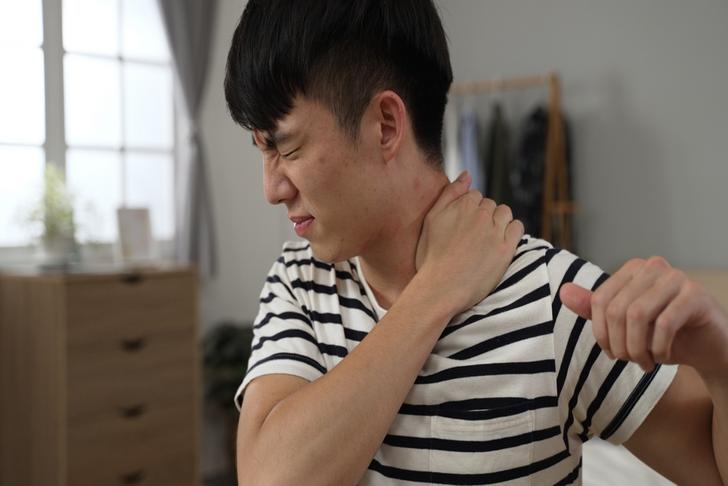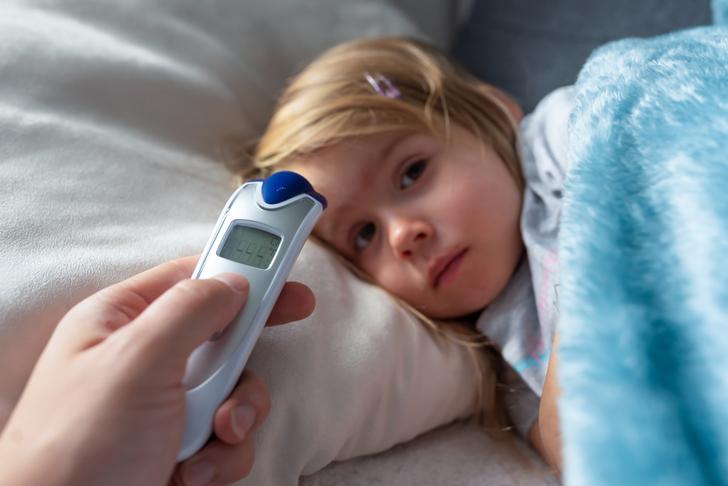What Is Polymyalgia Rheumatica - Common Signs and Symptoms
Polymyalgia Rheumatica (PMR) is a rheumatic disorder that causes muscle pain and stiffness, particularly in the shoulders, neck, and hips. It typically affects people over the age of 50 and is more common in women than men. This article will discuss the common signs and symptoms of Polymyalgia Rheumatica to help you better understand this condition.
What are Rheumatica Disorders?
Rheumatic disorders, also known as rheumatic diseases or musculoskeletal diseases, encompass a group of conditions that primarily affect the joints, muscles, and connective tissues in the body. These disorders can involve inflammation, pain, stiffness, and impairment of the affected areas. Rheumatic disorders can affect people of all ages, but many are more commonly seen in older adults.
There are over 100 different types of rheumatic disorders, each with its own set of symptoms and characteristics. Some of the most well-known rheumatic disorders include rheumatoid arthritis, osteoarthritis, systemic lupus erythematosus, gout, fibromyalgia, ankylosing spondylitis, and Polymyalgia Rheumatica, which is the focus of this article.
Advertisement
Muscle Pain and Stiffness
One of the primary symptoms of Polymyalgia Rheumatica is muscle pain and stiffness, which is usually most severe in the morning or after periods of inactivity[[1]]. The pain can be widespread, but it is most commonly felt in the shoulders, neck, and hips. This pain can make it difficult to perform daily activities, such as getting out of bed, dressing, or lifting objects[[2]].
The exact cause of muscle pain and stiffness in PMR is not fully understood. However, researchers believe that an autoimmune response plays a significant role in the development of the condition.
In autoimmune disorders like PMR, the immune system mistakenly attacks the body’s own tissues, leading to inflammation. In the case of PMR, the inflammation primarily affects the synovial lining of the joints, tendons, and bursae (small fluid-filled sacs that cushion the joints). This inflammation is thought to be responsible for the muscle pain and stiffness experienced by individuals with PMR.
The specific trigger for the autoimmune response in PMR is unknown. However, genetic factors are believed to contribute to the development of the condition. Certain genes may increase the susceptibility of individuals to autoimmune disorders, including PMR.
In addition to genetic factors, environmental factors may also play a role in the development of PMR. Some studies have suggested that infections, particularly respiratory infections, could trigger the autoimmune response in susceptible individuals. It is thought that certain infections may activate the immune system, leading to the development of PMR symptoms in genetically predisposed individuals.

Advertisement
Fatigue
Fatigue is another common symptom of Polymyalgia Rheumatica. People with this condition may feel tired and lack energy throughout the day, even after a full night’s sleep[[3]]. This can make it challenging to complete daily tasks and may affect overall quality of life.

Advertisement
Low-Grade Fever
Some people with Polymyalgia Rheumatica may experience a low-grade fever, which is a body temperature slightly above the normal range[[1]]. This symptom is not always present but can be an indication of inflammation in the body.

Advertisement
Loss of Appetite and Weight Loss
Loss of appetite and weight loss are also common symptoms of Polymyalgia Rheumatica. The inflammation caused by this condition can lead to a decreased appetite, making it difficult for individuals to maintain a healthy weight[[4]]. In some cases, weight loss may be significant and can contribute to feelings of weakness and fatigue.

Advertisement
Depression
Depression is another symptom that can be associated with Polymyalgia Rheumatica. The chronic pain and fatigue experienced by individuals with this condition can negatively impact their mental health, leading to feelings of sadness, hopelessness, and a loss of interest in activities they once enjoyed[[3]]. It is essential to address these feelings and seek support from a healthcare professional if needed.
In conclusion, Polymyalgia Rheumatica is a rheumatic disorder that primarily affects older adults and causes muscle pain, stiffness, fatigue, and other symptoms. If you or someone you know is experiencing these symptoms, it is essential to consult with a healthcare professional for proper diagnosis and treatment. Early intervention can help manage the symptoms and improve the quality of life for those living with Polymyalgia Rheumatica.

Advertisement





